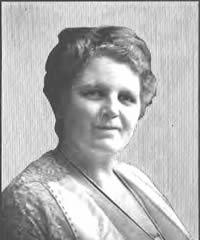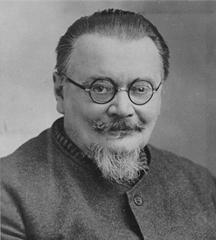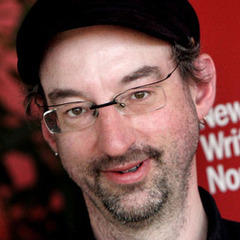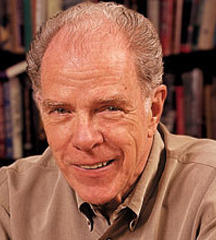William Law Quotes

He who has learned to pray has learned the greatest secret of a holy and happy life.
William LAW (Author of “A Serious Call, ” etc.) (1759). “A practical treatise upon Christian perfection ... The fifth edition”, p.403
William Law (1734). “A practical treatise upon Christian perfection. Repr. [of the 1726 ed.].”, p.266
William Law (2011). “A Serious Call to A Devout”, p.24, ReadHowYouWant.com
William Law (1816). “A Serious Call to a Devout and Holy Life: Adapted to the State and Condition of All Orders of Christians by the Late ... ; to which is Added a Biographical Sketch of the Author”, p.234
William Law (1836). “Extracts from The spirit of prayer”, p.13
William Law, P. G. Stanwood (1978). “A Serious Call to a Devout and Holy Life ; The Spirit of Love”, p.153, Paulist Press
William Law (1740). “An earnest and serious answer to Dr. Trapp's Discourse of the folly, sin, and danger of being righteous over-much. An appeal to all that doubt, or disbelieve the truths of the Gospels”, p.117
William Law (1749). “I. The spirit of prayer; or, the soul rising out of the vanity of time, into the riches of eternity. In two parts ; 7,II. The way to divine knowledge; being several dialogues between Humanus, Academicus, Rusticus, and Theophilus”, p.47
Receive every day as a resurrection from death, as a new enjoyment of life.
William Law (1739). “A Serious Call to a Devout and Holy Life: Adapted to the State and Condition of All Orders of Christians. By William Law, A.M.”, p.178
William Law (2012). “The Power of the Spirit”, p.21, CLC Publications
William Law (2012). “The Power of the Spirit”, p.71, CLC Publications
Self is the root, the tree, and the branches of all the evils of our fallen state.
William Law (2001). “An Humble, Earnest, and Affectionate Address to the Clergy; A Collection of Letters; Letters to a Lady inclined to enter the Romish Communion, Volume 9”, p.54, Wipf and Stock Publishers
William Law (1726). “A practical treatise upon Christian perfection”, p.2
William Law (1848). “A serious call to a devout and holy life. with an intr. essay by D. Young”, p.95
William Law, P. G. Stanwood (1978). “A Serious Call to a Devout and Holy Life ; The Spirit of Love”, p.47, Paulist Press
William Law (2012). “The Power of the Spirit”, p.17, CLC Publications
William Law, P. G. Stanwood (1978). “A Serious Call to a Devout and Holy Life ; The Spirit of Love”, p.327, Paulist Press
William Law (1801). “A serious call to a devout & holy life, abridged”, p.13
William Law (1893). “Characters and Characteristics of William Law: Nonjuror and Mystic”






